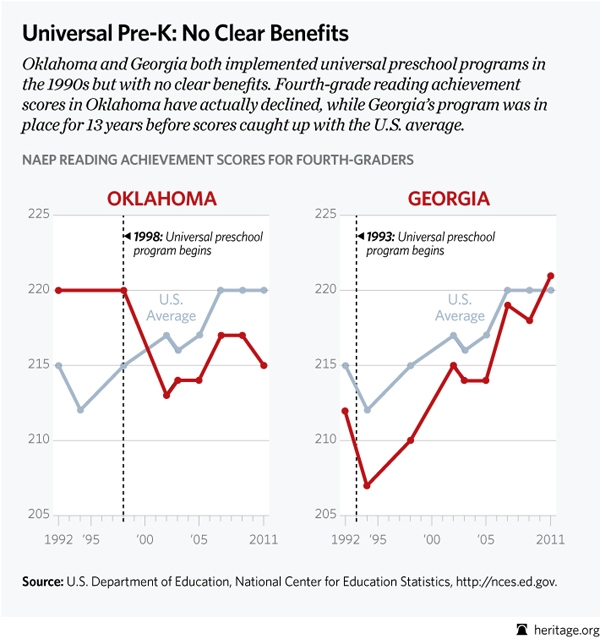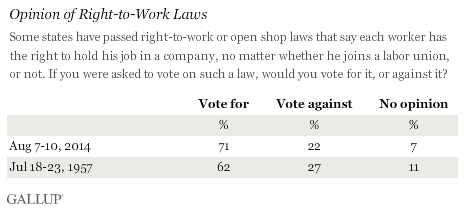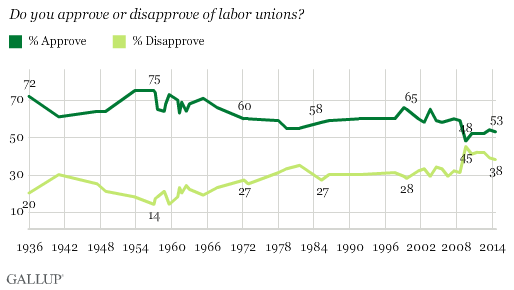If you haven’t already read it, Robert Bryce had an excellent article in today’s Albuquerque Journal on the continued growth in the use of hydrocarbon-based fuels (and how that growth has outpaced so-called “renewables”) even while taxpayer-subsidized wind and solar have grown rapidly in recent years.
The good news for those of you in New Mexico is that Bryce will be speaking on December 9, 2014 at Rio Grande Foundation events in Albuquerque and Farmington. We are three months out from that event and will be providing more details as the date grows closer, but with Bryce’s piece appearing in the local paper, it only makes sense to alert our readers that he’ll be coming to New Mexico soon. See Bryce’s article below:
Solar energy appears to finally be coming of age
In July, Bloomberg New Energy Finance declared that we are in the midst of a “solar revolution” and the firm predicted that solar will be the fastest-growing form of global generation capacity through 2030. A few days after that report was released, Deutsche Bank announced plans to lend $1 billion to support solar deployment in Japan.
About 400,000 U.S. homes now have solar panels on their roofs. One of those homes is the White House. Last year, after a 27-year sabbatical, solar panels were installed on the roof of America’s most famous house.
There’s no question that solar is on a tear. Since 2011, the amount of energy produced by the solar sector has more than doubled. But amidst the solar frenzy, we must remember the critical issue of scale. Indeed, despite solar’s rapid growth, its output is still being dwarfed by the ongoing growth in hydrocarbons.
That fact can easily be proven by comparing the surge in solar-energy production with the remarkable growth in domestic oil output. In July, according to the Energy Information Administration, U.S. oil production averaged about 8.5 million barrels per day. That’s a 16 percent increase over July 2013 figures, when domestic crude output was about 7.3 million barrels per day.
Thus, over the past 12 months or so – thanks largely to horizontal drilling and hydraulic fracturing in shale formations – U.S. oil production has increased by 1.2 million barrels per day. How does that compare with solar?
In 2013, according to the BP Statistical Review of World Energy, the energy output of the global solar sector amounted to about 600,000 barrels of oil equivalent per day. Thus, in one year, merely the increase in U.S. oil production has been roughly equal to twice the contribution from every solar-energy installation on the planet.
The scale issue becomes even more obvious when comparing solar with coal. In 2013, global coal use increased by 3 percent. But in absolute terms, that small percentage increase amounted to 2 million barrels of oil equivalent per day. Thus, in one year, global coal use grew by more than three times the contribution now being made by all global solar. Indeed, solar’s contribution is downright Lilliputian when compared with coal consumption, which now totals about 77 million barrels of oil equivalent per day, or roughly 128 times the amount of energy being produced by solar.
Let me be clear: I’m bullish on solar. I’ve invested in solar. I have 3,200 watts of solar panels on the roof of my house. (Why did I install them? Simple: Austin’s city-owned utility paid two-thirds of the cost.)
Prices for solar systems like mine are falling. In 1980, the average cost of a solar photovoltaic module was over $20 per watt. Today, the cost is well under $1 per watt. If cheaper solar systems can be twinned with cheaper electricity-storage devices, we will see a transformation of electric grids around the world. Furthermore, solar will grow quickly in rural areas and island economies, where even relatively small batteries can make a big difference for electricity-starved populations.
That said, the hard reality is that for all of its rapid growth, solar isn’t even keeping pace with the growth in the global appetite for hydrocarbons. And here’s another truth: while civilians and politicians alike eagerly tout the advances being made in renewable energy, they routinely fail to appreciate how ongoing innovation in the oil and gas sector – in everything from better seismic techniques to digitally controlled drill bits – has resulted in faster and cheaper drilling, which, in turn, has turbocharged the growth in hydrocarbon production.
So by all means, let’s appreciate the growth in solar. And if it makes you happy – and/or you can get a subsidy – put some solar panels on your roof. But don’t count hydrocarbons out yet. They’re going to stick around for many decades to come.












 In the past two years, two of New Mexico’s largest cities, Santa Fe and Silver City, have passed bans on plastic shopping bags. They join hundreds of others nationwide that have adopted similar measures.
In the past two years, two of New Mexico’s largest cities, Santa Fe and Silver City, have passed bans on plastic shopping bags. They join hundreds of others nationwide that have adopted similar measures.